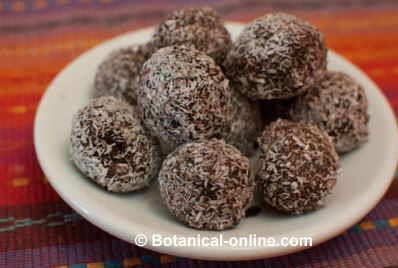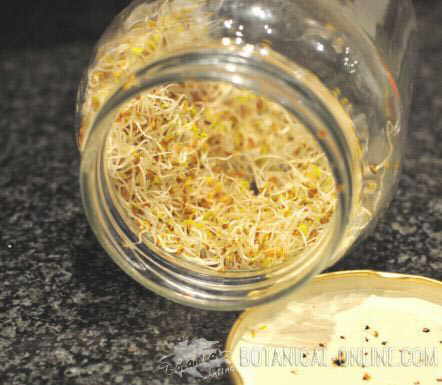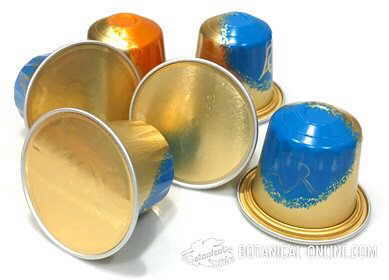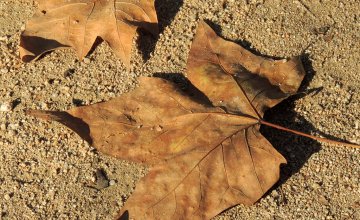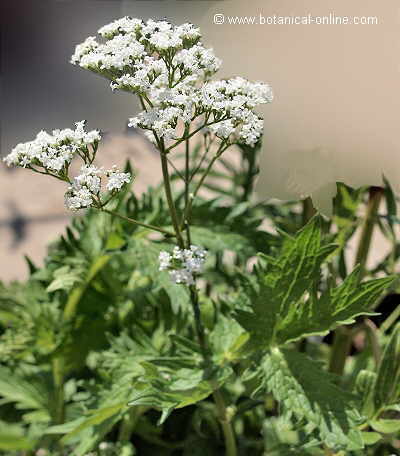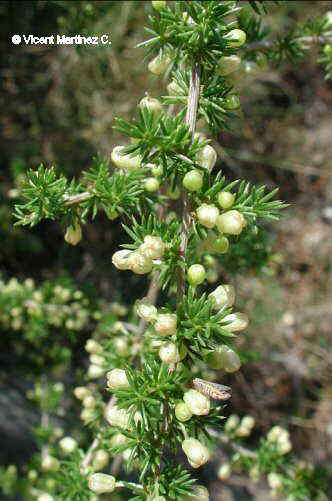Contents
- 1 Supplements for high uric acid level or hyperuricemia
- 1.1 SUPPLEMENTS FOR HIGH URIC ACID LEVEL
- 1.2 How to improve high uric acid by means of supplements
- 1.3 SUPPLEMENTS TO IMPROVE URIC ACID AND PREVENT GOUT ATTACKS
- 1.4 Vitamins and minerals for high uric acid level
- 1.5 Recommended supplements for high uric acid level
- 1.6 NOT SUITABLE supplements for high uric acid level
Supplements for high uric acid level or hyperuricemia
SUPPLEMENTS FOR HIGH URIC ACID LEVEL
How to improve high uric acid by means of supplements

HIGH URIC ACID LEVEL or hyperuricemia is a health condition that can be due to many causes. Initially, it is important for a doctor to assess each particular case and recommend the treatment that he deems appropriate, depending on the cause that originates it.
Generally, uric acid treatment consists of:
- Proper diet: It should be low in purines, alkalizing, without foods rich in salt and diuretic (abundance of fruits and vegetables).
- Drink plenty of fluids: diuretic infusions, vegetable broths and water.
- Drug treatment if the doctor deems it appropriate: Depending on the cause that causes the increase in uric acid, the use of drugs may be necessary.
- Food supplements of vitamins and minerals to improve the health of the body.
If all the above points are met, it is possible to successfully control hyperuricemia and prevent the symptoms that this condition can produce, such as gouty arthritis and pain caused by gout attacks.
This article lists the food supplements, vitamins, minerals and nutrients that are beneficial for people with high uric acid problems:
SUPPLEMENTS TO IMPROVE URIC ACID AND PREVENT GOUT ATTACKS
Vitamins and minerals for high uric acid level

Scientific studies have shown that the following supplements may be beneficial for people who suffer from gout:
- Magnesium: One of the recommended supplements is magnesium, which, given its basifying effect, helps to counteract the acidification problems caused by increased uric acid levels. Magnesium helps to improve the general condition of the body and prevent joint wear due to increased acidification of the body.
The recommended daily dose is 400mg. daily through food, which is recommended to increase to 500mg. of magnesium per day in case of gout or hyperuricemia.
(Take magnesium food supplements. For example, 1-2 capsules 400 mg of magnesium per day, 1 capsule in the morning, 1 in the afternoon, according to the advice of the specialist or indications of the leaflet).
- Vitamin C: Scientific studies have observed that the higher the intakes of vitamin C in men, the lower the concentration of uric acid in the blood they present. Another study explains how supplementing with 500mg. of vitamin C daily for 2 months lowered uric acid levels in the study people. This is due to the uricosuric effect of this vitamin, that is, it increases the renal elimination of uric acid. (Make a diet rich in vitamin C. Take vitamin C capsules as directed by the professional).
- Beta-carotenes: According to a study carried out in the United States and published in the journal Nutritional Research in 2008, people with a higher intake of beta-carotene had lower levels of uric acid in the blood. (Eat a diet rich in beta-carotene. Beta-carotene supplements or vitamin C + beta-carotene as indicated in the package insert).
Recommended supplements for high uric acid level
- Fiber supplements: It has been observed that people who follow a diet rich in fiber, vegetables, vegetables and fruits, have lower levels of uric acid.
Fiber reduces the risk of cardiovascular diseases that can occur along with hyperuricemia, such as high cholesterol, hypertension, arteriosclerosis or poor circulation.
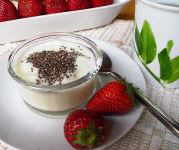
Dietary fiber also acts as a prebiotic factor, contributing to intestinal well-being, which is also responsible, although to a lesser extent than the kidneys, for the elimination of uric acid through the degradation of uric acid by intestinal bacteria.
For these reasons, people with uric acid are recommended to incorporate a fiber supplement in their diet, because of the multiple benefits it can bring them. Among the recommended fiber supplements are:
- Flaxseeds: (1 tablespoon of flax seeds in yogurt, smoothies, salads or creams, 2-3 times a day, with 1 glass of water)
- Chia seeds: (1 tablespoon of chia seeds in yogurt, smoothies, salads or creams, 2-3 times a day, with 1 glass of water)
- Psyllium: (Psyllium fiber capsules)
- Glucomannan capsules: (1-2 capsules 3 times a day, with main meals, with 1 glass of water)
- Horsetail: Horsetail is one of the most diuretic plants, which can increase urine production by up to 30%, and therefore, collaborate in the elimination of uric acid.
Those who do not like infusions are recommended to take horsetail capsules, along with plenty of water, to stimulate urination. (2 tablets 600mg. of horsetail, 3 times a day).
- Spirulina: It is a seaweed rich in magnesium, but that above all provides many beta-carotenes naturally (2 tablets of spirulina 480mg., 3 times a day with 1 glass of water
- Bee pollen: Natural supplement very rich in beta-carotene. (1 tablespoon of pollen 3 times a day).
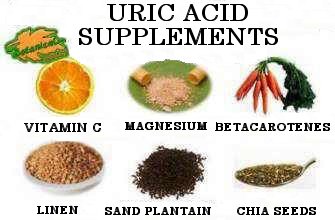
Summary sheet with some of the recommended food supplements to lower uric acid level.
NOT SUITABLE supplements for high uric acid level

From the point of view of supplements, the following supplements should be controlled:
- Wheat germ and brewer’s yeast: Due to their high purine content, they are not a suitable food supplement for people with high uric acid levels.
- Vitamin A: Being a fat-soluble vitamin, its supplementation must be supervised as it can accumulate in fatty tissue and be toxic. It has been observed that people with high levels of this vitamin have a higher concentration of uric acid in the blood.
On the contrary, provitamin A or beta carotenes, which are obtained from vegetables, are beneficial. (The contribution of vitamin A through beta carotenes is recommended).
![]() More information on uric acid natural treatment, foods, diet and remedies
More information on uric acid natural treatment, foods, diet and remedies

